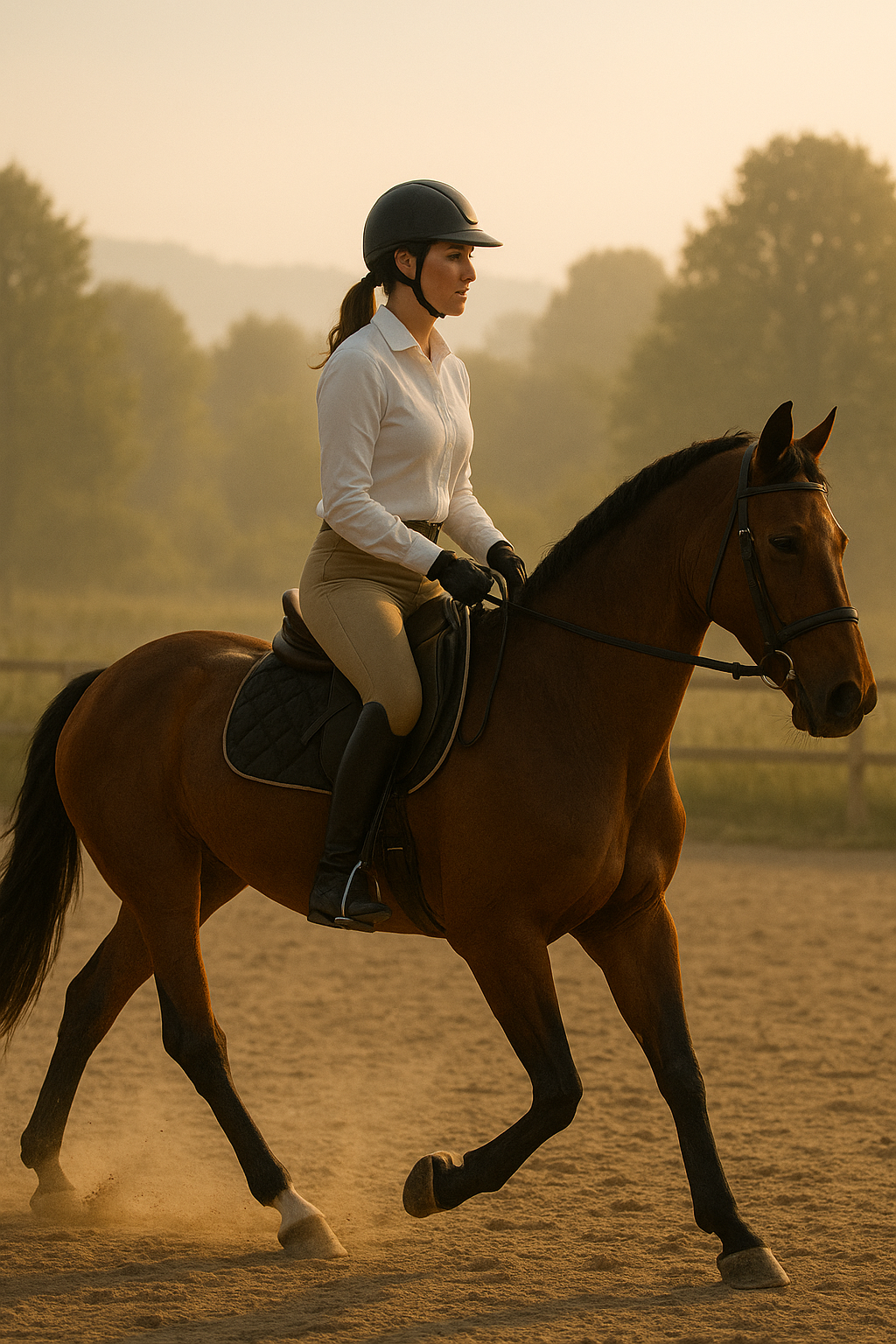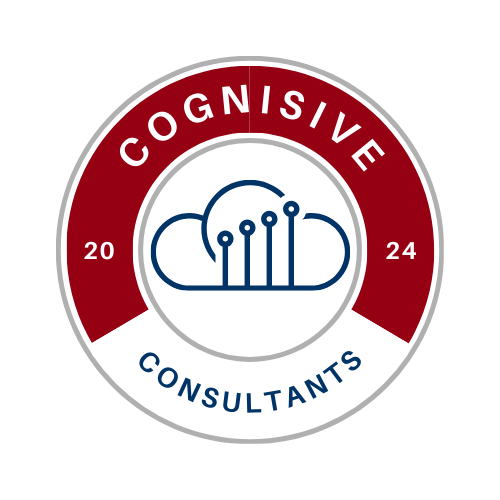From Saddle to Strategy: Leadership Lessons from the Riding Arena

Why rhythm, balance, and connection — the core principles of horsemanship — hold the key to national renewal and institutional integrity.
Executive Summary
Across centuries, great horsemen have known a truth that many modern leaders forget: control is not command, and obedience is not trust.
In both the saddle and the state, sustainable authority emerges not from fear, but from rhythm, balance, and connection. These three principles, long studied in equestrian science, have direct parallels in leadership psychology, organizational behavior, and governance.
This essay proposes that national leadership — especially in developing states like Sri Lanka — can be strengthened by returning to these fundamentals. What the horse teaches through feel, neuroscience now proves through evidence: calmness regulates, rhythm stabilizes, and connection unifies.
1. The Arena as a Mirror of Leadership
Every arena is a live system of energy and emotion. When a rider enters, they encounter a reflection of their own internal state — magnified through the horse. Tension breeds resistance; clarity invites cooperation.
Leadership operates by the same dynamic. Institutions mirror the emotional tone of those who lead them. Nations inherit not just policies but temperaments. The leader’s inner state becomes the system’s outer climate.
In governance, as in riding, the organism responds to the tone, not the title.
The first responsibility of leadership, then, is self-regulation: to lead others, one must first lead one’s own nervous system.
2. Rhythm: The Architecture of Predictability
Rhythm, in riding, is the heartbeat of motion — steady, confident, and intentional. When rhythm falters, movement becomes erratic; when it steadies, trust begins.
Governance, too, depends on rhythm — in decision cycles, policy implementation, and public communication. Without it, institutions drift into reaction. The consequence is systemic fatigue: officials improvise, citizens disengage, and national momentum collapses.
A good rider maintains rhythm not by rigidity but by feel — slight adjustments made in harmony with feedback. Likewise, the modern state must move from political improvisation to policy rhythm — predictable, credible, and consistent in tone.
3. Balance: Authority Without Strain
In equestrian terms, balance is the rider’s ability to remain centered amid motion — neither over-controlling nor collapsing. A balanced rider liberates the horse; an unbalanced one provokes resistance.
Leadership balance is the same: too much control breeds compliance; too little breeds chaos. Real mastery is the ability to hold power lightly — to direct with calm firmness, not constant correction.
A rider who loses balance pulls; a leader who loses balance pushes.
Both confuse motion for progress.
Modern neuroscience reinforces this: systems under chronic tension — whether muscular or institutional — lose sensitivity. Balance, then, is not a moral virtue alone; it is a physiological necessity for performance and trust.
4. Connection: The Invisible Rein of Trust
The highest form of communication between horse and rider is invisible. No shouting, no spurs — just presence, timing, and tone. The horse does not obey commands; it follows coherence.
In leadership, connection serves the same role. It is the invisible rein that turns authority into legitimacy. A leader’s calm, credible presence regulates the collective nervous system of the nation.
This is not sentimentality — it is behavioral science. Studies in emotional contagion and mirror neurons show that calm authority scales. When leaders act with composure, institutions stabilize; when they panic or posture, uncertainty spreads faster than information.
The best leadership, like the best riding, looks effortless because it is attuned, not imposed.
5. When the Triad Breaks
The collapse of rhythm, balance, and connection explains much of institutional decay today.
- Loss of rhythm breeds erratic policymaking.
- Loss of balance leads to bureaucratic overreach or paralysis.
- Loss of connection severs trust between people and power.
Rebuilding these capacities is not about new slogans or committees. It is about re-educating leaders to feel systems again — to re-learn rhythm, to recalibrate balance, to rebuild connection.
6. Reclaiming the Ride: Toward a Leadership Pedagogy
The equestrian arena remains one of humanity’s oldest leadership laboratories. To guide a 500-kilogram animal into voluntary harmony requires calm confidence, consistency, and credibility — the same triad demanded by ethical leadership.
At Vonfidel Ranch, these lessons are not metaphorical. They are lived daily through training systems that combine behavioral psychology, neurophysiology, and trust-based conditioning. The same framework applies to human systems: feedback over force, patience over pressure, rhythm over rhetoric.
Leadership development programs — civil, military, or corporate — could integrate equestrian models of situational awareness, non-verbal communication, and emotional self-regulation. A nation that trains its leaders to ride calmly may one day govern calmly.
You can force motion, but you cannot force movement. Movement requires meaning — and meaning, trust.
7. The Ride Beyond the Reins
Horsemanship reveals what power can become when stripped of ego: a dialogue, not a dominance. The horse follows calm clarity, not aggression.
The same is true of societies.
Leadership reform, therefore, begins not in parliament but in posture — in how leaders carry themselves, pace decisions, and hold the reins of authority.
The goal is not to control the system harder, but to feel it better.
When rhythm, balance, and connection align, a ride becomes poetry — and governance, harmony.
About the Author
Alfie Ameer is the Founder & CEO of Vonfidel Group (VFG) — a Sri Lanka–based enterprise uniting leadership psychology, ethical animal training, and regenerative land stewardship under a single philosophy: trust over fear.
Through Vonfidel Ranch, he pioneers signature horseback-riding holidays and horsemanship retreats that emphasize connection, calm authority, and respect for both horse and habitat. As Chair of VONFIDEL K9, he extends the same principles into advanced canine training and security consultancy.
A former military officer turned behavioral strategist, Alfie’s work bridges neuroscience, ethics, and field practice — from national leadership studies to equestrian pedagogy. His essays appear in Insights by Cognisive Consultants, where he explores how empathy and discipline can transform not only animals and teams, but entire institutions.
Visitors to Vonfidel Ranch often describe their experience as more than a holiday — a return to harmony, rhythm, and balance.

